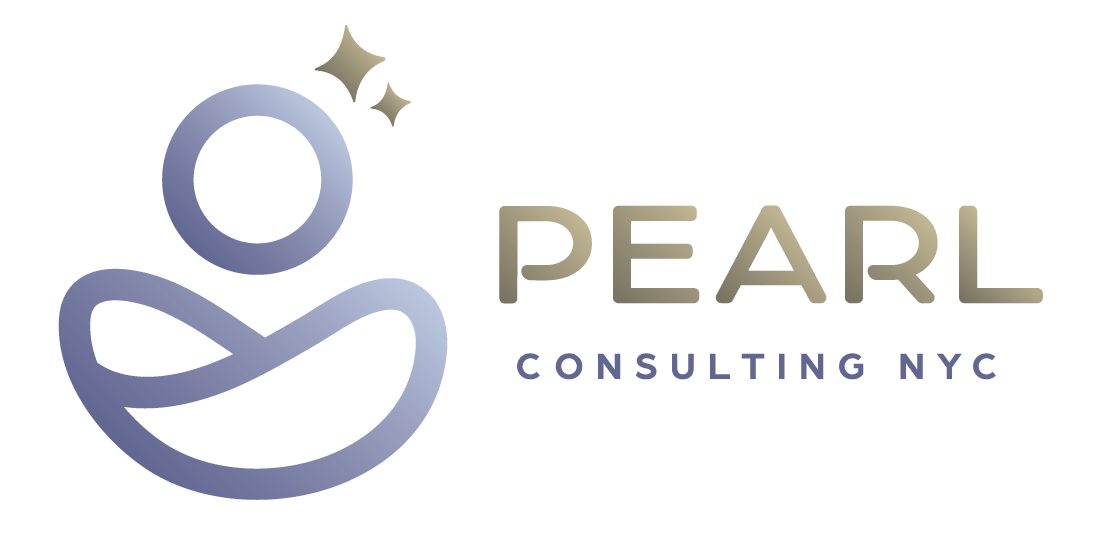In Search of the Perfect Word
We’re always searching for words. The one that makes you sound smart. The one that doesn’t offend. The one that gets the highest Scrabble score. The one that dazzles. The one on the tip of your tongue.
Words have power. They can make you sound smart or stupid, pretentious or friendly, educated or unschooled.
Words can even alter the flow of history, as fans of The Crown can attest. This year, an episode of the series about Queen Elizabeth’s reign focused on Margaret Thatcher’s determination to rebuff calls for economic sanctions against apartheid-era South Africa. When she refused to sign a British Commonwealth accord condemning apartheid because it contained the word “sanctions,” the Queen’s advisors sought a palatable alternative.
In the series, Thatcher rejects “proposals,” “actions,” and “controls.” A writer with an extensive vocabulary is tasked with finding a word she can accept. He lists alternatives such as “restrictions,” “protocols,” “measures,” “curbs,” “gestures,” and “experiences” that he discards as too vague or too specific. But “signals” feels right, and Thatcher accepts the new, more flexible language, which she can spin as a concession to her anti-sanctions position. In the end, the agreement allows the Commonwealth to join together and pressure South Africa to make changes.
Writers spend a lot of time looking for the best possible word
At Pearl Consulting NYC we have many lengthy discussions about the best word to use. This one’s too formal, that one’s too slangy. This one’s too corporate, that one’s too unprofessional. We look up words that don’t quite work at the invaluable thesaurus.com and find a word that’s a little better than the last one. Then we look up that word.
Sometimes we throw words at each other, making faces at each other’s suggestions. Sometimes we have a vague sense that the perfect word is lurking in a dark corner of the mind, so we close our eyes and let words flow through us. Sometimes we’re ready to give up when the ideal word appears in an inspired flash. Sometimes we have a deadline and have to accept that a pretty-good word is the best we’re going to get.
Does the Right Word Even Matter?
Margaret Thatcher would say yes. And on that, at least, I’d agree with her. But I might not agree with her word choice. The words you use will depend on your brand, your audience, and your SEO strategy (if you have one). You need the words that convey the right message to your intended audience.
That’s why I changed my initial title, “Finding the Perfect Word,” to “The Search for the Perfect Word.” I didn’t want to imply that it’s easy to achieve perfection. It would be terrible to begin this essay with the wrong word. Then I changed it again to “In Search of the Perfect Word,” because, well, it just sounded better.
Can you find that perfect word if you put enough effort into the search? Maybe. Years ago I heard an anecdote about Truman Capote. Someone came up to him at a party and asked, “is it true that you can spend 8 hours to write a single word?”
He replied “Yes. But it’s the right word.”
And if you can’t find the right words, or don’t have the time to try, contact us and we’ll do our best to find them for you.

